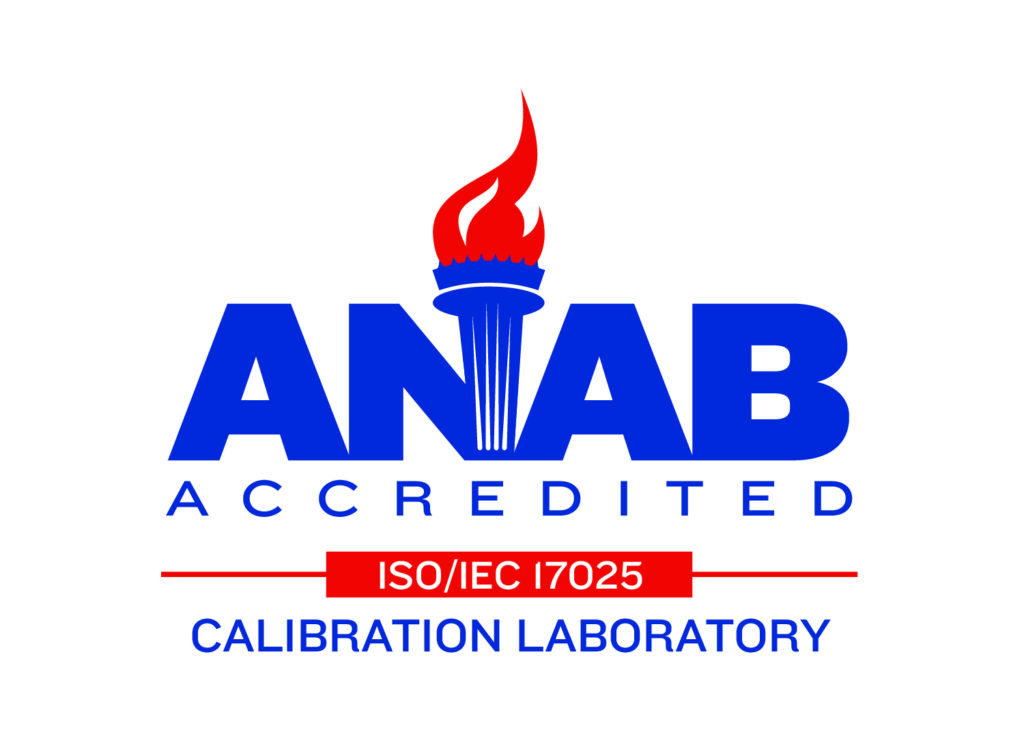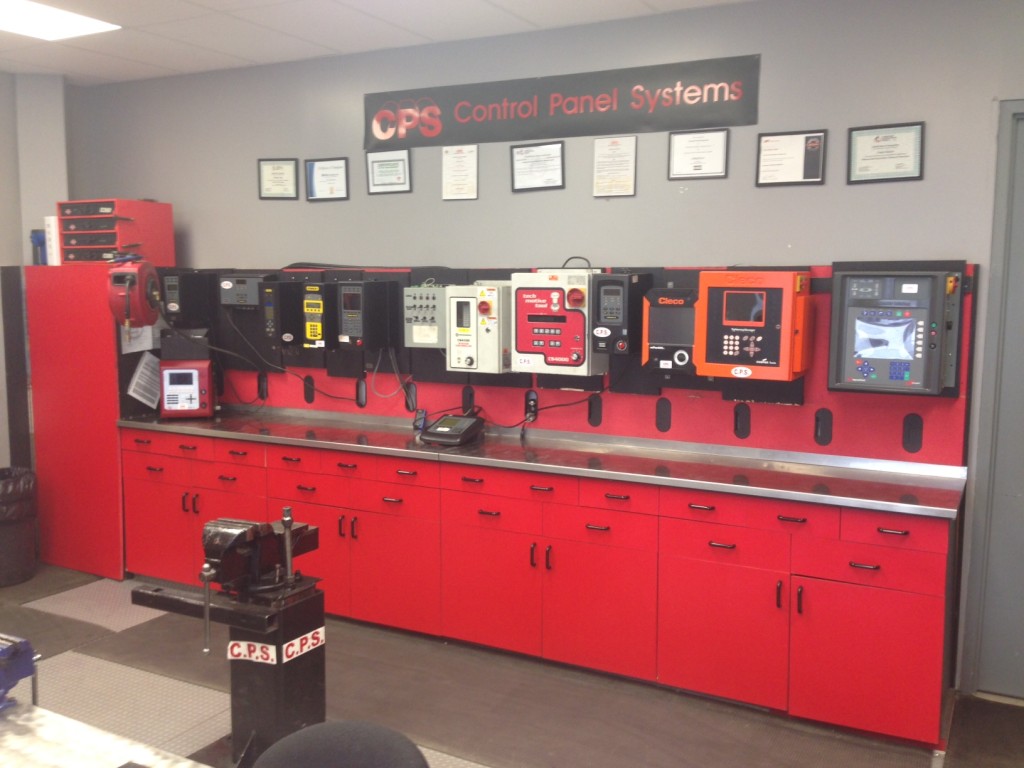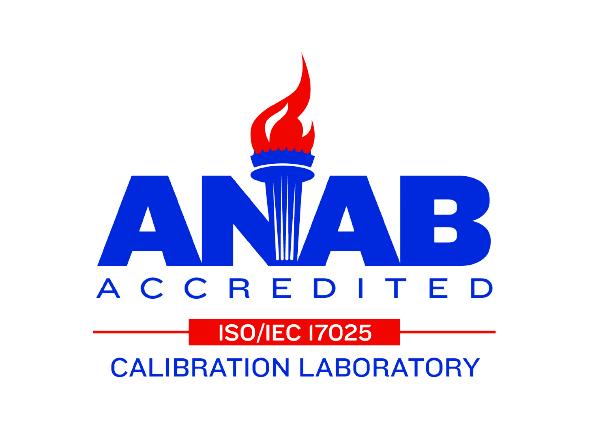GSE CP Techmotive Tool Calibration
GSE CP Techmotive DC Torque Tool Calibration and Repair.
We provide Service, Repairs and Calibrations on all models of GSE CP Techmotive DC Power tools and Controllers. Let us be your one-stop shop for all Torque Tool Calibration and Services.
ISO 17025 certified equipment in climate-controlled facilities our trained service technicians provide:
- Tool calibration
- Repair services
- Parts supply
- Mobile Onsite Support
Servicing :
- Canada
- United States (shipping only)
We make getting repairs easy. We can repair or calibrate your DC torque tool at our location whether you visit us or ship it to us. Do you want CPS to come to you? MTRAC, our ISO 17025-accredited mobile tool and calibration lab, can bring our service technicians directly to your location. Contact our service coordinator today to book.
Why Should I Choose CPS to Calibrate and Service my Torque Tool?
- Rapid turnaround of your repairs.
- ISO 17025 accredited calibration labs (in-house and mobile).
- All tools receive a 10-point calibration.
- All repairs and calibrations are performed by certified technicians.
- All verifications are carried out in a climate-controlled laboratory.
CPS’ laboratories – mobile and stationary – are ISO 17025 accredited.
Contact Us Today to Schedule Your Tech-Motive Tool Service.
Techmotive Tool Calibration and Repair
Techmotive tool calibration refers to the precise testing, adjustment, and validation of tools manufactured by Techmotive, a well-known provider of torque tools and assembly solutions for industries like automotive, aerospace, and manufacturing. Proper calibration ensures these tools operate accurately and within the specifications required for critical assembly processes, minimizing errors and ensuring compliance with quality standards.
Key Features of Techmotive Tool Calibration:
1. Purpose:
- Ensures accurate torque application in assembly processes, crucial for safety and performance.
- Helps maintain product quality by preventing over-tightening or under-tightening.
- Extends the lifespan of tools by identifying and addressing wear or misalignment early.
2. Calibration Process:
- Initial Inspection: Examining tools for any physical damage or wear.
- Testing: Using certified equipment to measure tool output (e.g., torque accuracy).
- Adjustment: Re-calibrating the tool to bring it back within the manufacturer’s specifications.
- Verification: Running repeat tests to confirm consistent accuracy.
- Certification: Providing a detailed calibration report for quality assurance and record-keeping.
3. Techmotive Tools Typically Calibrated:
- Torque wrenches.
- Electric or pneumatic torque screwdrivers.
- Pneumatic torque tools.
4. Standards and Compliance:
- Techmotive tool calibration often adheres to international standards such as ISO 17025 for torque tools or other industry-specific requirements.
- Calibration ensures compliance with automotive and aerospace production standards.
5. Frequency:
- Calibration intervals depend on usage intensity, environmental conditions, and company policies, typically ranging from six months to one year.
6. Calibration and Repair Services:
- Calibration can be performed by CPS in-house with our certified equipment whether you visit us or ship it to us. Our service center specializes in the repair and calibration of Techmotive tools.
- Regular calibration of Techmotive tools is essential for industries that rely on precision assembly, ensuring operational efficiency, safety, and product quality.
GSE Calibration and Repair
GSE Calibration refers to the process of testing, adjusting, and verifying the accuracy of Ground Support Equipment (GSE) used in aviation, aerospace, and other industries to ensure it performs within specified parameters. GSE includes tools and equipment used to support aircraft and spacecraft during ground operations, such as maintenance stands, hydraulic carts, fuel systems, lifting devices, and testing instruments.
Key Aspects of GSE Calibration:
1. Purpose:
- Ensures safety, reliability, and compliance with industry standards.
- Prevents malfunctions or inaccuracies during critical operations.
- Maintains adherence to regulatory requirements (ISO standards).
2. Process:
- Inspection: Checking the physical condition of the equipment.
- Testing: Measuring performance against standard benchmarks.
- Adjustment: Fine-tuning components to align with manufacturer specifications.
- Documentation: Recording results and issuing calibration certificates.
3. Frequency:
- Calibration schedules depend on the equipment type, usage frequency, and regulatory guidelines. It can range from monthly to annually.
4. Specialized Equipment:
- Requires highly accurate measuring tools and certified technicians for calibration.
5. Examples:
- Torque wrenches are used in aircraft maintenance.
- Pressure gauges for hydraulic systems.
- Load cells for testing lifting equipment.
Calibrating GSE tools is crucial to maintaining the efficiency and safety of ground operations, ensuring that all equipment operates at peak performance.



